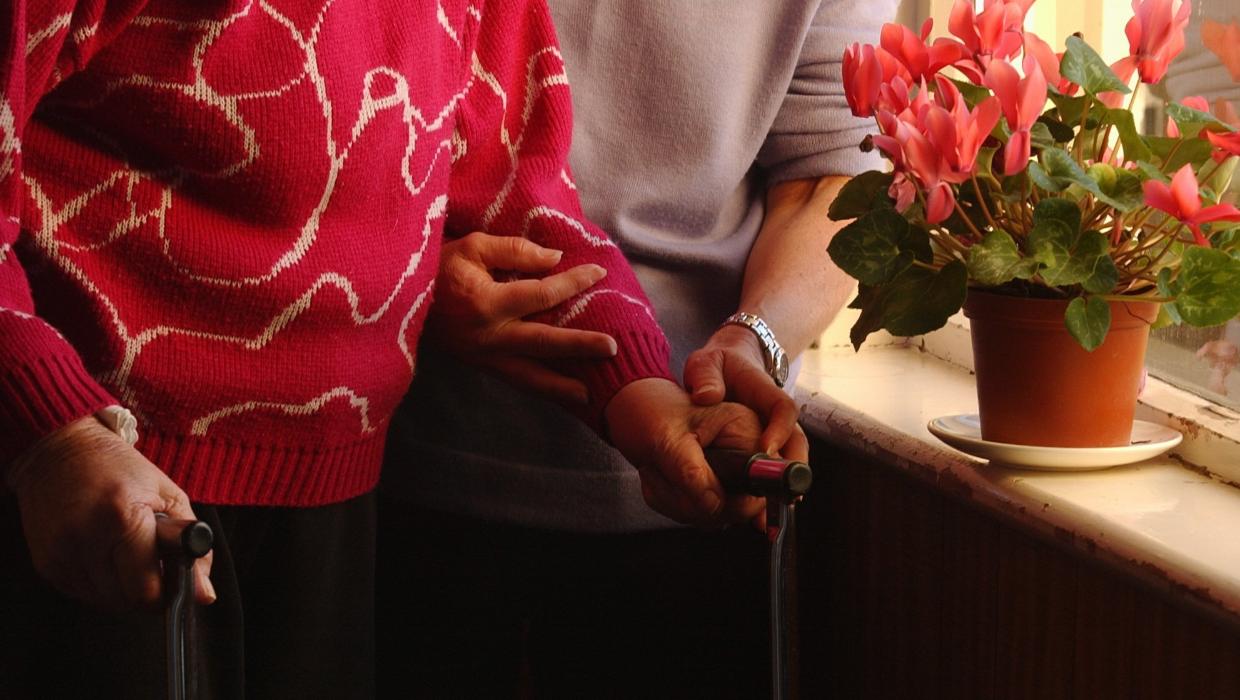Lifestyle
New Zealand Faces Alzheimer’s Crisis with Rising Patient Numbers

New Zealand is grappling with a looming crisis in Alzheimer’s care, as the number of patients is expected to double by 2025. Community-based organizations dedicated to supporting individuals with dementia and Alzheimer’s are sounding the alarm, citing a severe lack of funding and resources needed to meet this growing demand.
The New Zealand Dementia Cooperative, alongside several community organizations, has highlighted that current funding levels are inadequate to provide necessary services. These groups are currently operating with limited financial support, which is hampering their ability to offer comprehensive care and assistance to affected families. According to Age Concern, an advocacy group focused on the elderly, funding has not kept pace with the increasing number of individuals diagnosed with dementia.
The Health Ministry’s budget for dementia care stands at approximately $1.2 million annually, a figure many stakeholders assert falls short of what is required. The cooperative estimates that, without significant increases in funding, the quality of care for Alzheimer’s patients will decline, leaving families to navigate the complexities of the disease largely on their own.
As the population ages, the forecast suggests that by 2025, over 100,000 New Zealanders will be living with dementia, double the current figures. This surge poses a significant challenge not only to healthcare systems but also to the social support networks that rely on community organizations for service delivery.
Experts emphasize that timely intervention and support in the early stages of dementia can greatly enhance the quality of life for patients and their families. The need for trained professionals and community resources is critical, yet many organizations report waiting lists and limited access to care.
The cooperative is calling for a comprehensive review of funding allocations to ensure that resources are directed where they are most needed. They advocate for a more robust investment in community-based programs that can effectively address the needs of those living with dementia and their caregivers.
The situation in New Zealand reflects a global challenge, where many nations are facing similar issues with rising dementia cases. Internationally, there is a growing recognition of the need for enhanced support systems, better training for caregivers, and increased funding for research into Alzheimer’s disease.
As New Zealand approaches this critical juncture, the voices of community organizations and advocacy groups are becoming increasingly pivotal. They are urging both government officials and the public to prioritize dementia care and ensure that the necessary infrastructure is in place to support the impending increase in patient numbers. Without immediate action, New Zealand risks leaving many vulnerable individuals without the care they desperately need.
-

 World3 months ago
World3 months agoTest Your Knowledge: Take the Herald’s Afternoon Quiz Today
-

 Sports3 months ago
Sports3 months agoPM Faces Backlash from Fans During Netball Trophy Ceremony
-

 Lifestyle3 months ago
Lifestyle3 months agoDunedin Designers Win Top Award at Hokonui Fashion Event
-

 Sports3 months ago
Sports3 months agoLiam Lawson Launches New Era for Racing Bulls with Strong Start
-

 Lifestyle3 months ago
Lifestyle3 months agoDisney Fan Reveals Dress Code Tips for Park Visitors
-

 World4 months ago
World4 months agoCoalition Forms to Preserve Māori Wards in Hawke’s Bay
-

 Health3 months ago
Health3 months agoWalking Faster Offers Major Health Benefits for Older Adults
-

 Politics3 months ago
Politics3 months agoScots Rally with Humor and Music to Protest Trump’s Visit
-

 Top Stories4 months ago
Top Stories4 months agoUK and India Finalize Trade Deal to Boost Economic Ties
-

 Entertainment3 months ago
Entertainment3 months agoExperience the Excitement of ‘Chief of War’ in Oʻahu
-

 World4 months ago
World4 months agoHuntly Begins Water Pipe Flushing to Resolve Brown Water Issue
-

 Science4 months ago
Science4 months agoNew Interactive Map Reveals Wairarapa Valley’s Geological Secrets









